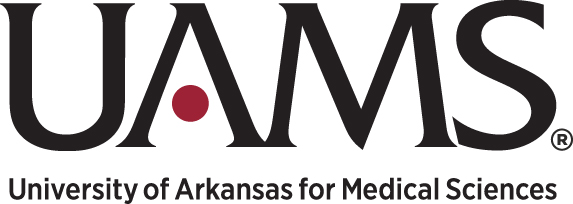Newswise — LITTLE ROCK — Family presence when a child is undergoing tracheal intubation in a pediatric intensive care unit (PICU) can safely be implemented as part of a family-centered care model, reported a research team led by a University of Arkansas for Medical Sciences (UAMS) professor in the March 7 issue of JAMA Pediatrics.
Ronald C. Sanders Jr., M.D., professor in the UAMS College of Medicine’s Department of Pediatrics, is a member of the National Emergency Airway Registry for Children (NEAR4KIDS) research group, which is within the Pediatric Acute Lung Injury and Sepsis Investigators network.
The researchers prospectively looked at more than 4,000 tracheal intubations performed in patients younger than 18 years of age from July 2010 to March 2014 that were recorded in the NEAR4KIDS database. The average percentage of tracheal intubations with family present in the study was 19 percent across 22 PICUs, with some hospitals having zero cases with family present while up to 43 percent of cases in other hospitals had family present.
Tracheal Intubation is a life-saving procedure performed when critically ill and injured children suffer respiratory failure and need a breathing tube placed to keep the airway open and allow mechanical ventilation (breathing machines) to support the child.
Research for the project occurred at multiple academic and private sites throughout the United States and Canada as well as Singapore, Japan and New Zealand including Arkansas Children’s Hospital where Dr. Sanders cares for young patients in the PICU.
“We wanted to determine how often a child has a family member present when that child is undergoing tracheal intubation and if that affects the outcome of the procedure,” Dr. Sanders said. “Family presence was widely variable among PICUs, but this did not
appear to adversely affect health outcomes. That’s good news because it means family presence during tracheal intubation can be included as part of a family-centered care model.”
Barriers to family presence have included concern about family interference, absence of a hospital policy, potential increase in stress for clinicians and families, and performance anxiety for the physician performing the procedure. However, the study found that none of these things ended up having a bearing on the outcome for the patient.
“Family members should be given the opportunity to be present during procedures in the PICU,” Dr. Sanders said. “Family members who want to be there during tracheal intubation find it comforting to themselves as well as the patient.”
Patient- and family-centered care, a widely accepted model of care implemented at hospitals nationwide including UAMS, seeks to empower patients and family to be involved in their care decisions to the fullest extent they want to be to provide better patient outcomes and better patient and family experiences.
UAMS is the state’s only comprehensive academic health center, with colleges of Medicine, Nursing, Pharmacy, Health Professions and Public Health; a graduate school; a hospital; a northwest Arkansas regional campus; a statewide network of regional centers; and seven institutes: the Winthrop P. Rockefeller Cancer Institute, the Jackson T. Stephens Spine & Neurosciences Institute, the Myeloma Institute, the Harvey & Bernice Jones Eye Institute, the Psychiatric Research Institute, the Donald W. Reynolds Institute on Aging and the Translational Research Institute. It is the only adult Level 1 trauma center in the state. UAMS has 3,021 students, 789 medical residents and two dental residents. It is the state’s largest public employer with more than 10,000 employees, including about 1,000 physicians and other professionals who provide care to patients at UAMS, Arkansas Children’s Hospital, the VA Medical Center and UAMS regional centers throughout the state. Visit http://www.uams.edu or http://www.uamshealth.com. Find us on Facebook, Twitter, YouTube or Instagram.
Like us, we’re social:
###
